Health & Nutrition Additives' Applications
Health and nutrition products may use additives such as preservatives, stabilizers, emulsifiers, and flavorings to enhance taste, texture, and shelf life.

Supplements: These may include vitamins, minerals, herbal extracts, and other dietary supplements.
Functional Foods: Additives in these foods may include vitamins, minerals, probiotics, prebiotics, antioxidants, and fiber.
Meal Replacements: Additives may include vitamins, minerals, protein sources, fiber, and flavorings.
Sports Nutrition: These items contain additives that may include protein sources, amino acids, carbohydrates, electrolytes, and flavorings.
Weight Management Products: Additives may include protein sources, fiber, caffeine, and appetite-suppressing compounds.
Specialty Diet Products: Containing food ingredients of these products may include alternative flours, non-dairy proteins, and flavor enhancers.
Functional Foods: Additives in these foods may include vitamins, minerals, probiotics, prebiotics, antioxidants, and fiber.
Meal Replacements: Additives may include vitamins, minerals, protein sources, fiber, and flavorings.
Sports Nutrition: These items contain additives that may include protein sources, amino acids, carbohydrates, electrolytes, and flavorings.
Weight Management Products: Additives may include protein sources, fiber, caffeine, and appetite-suppressing compounds.
Specialty Diet Products: Containing food ingredients of these products may include alternative flours, non-dairy proteins, and flavor enhancers.
FOOD ADDITIVES INVOLVED IN HEALTH & NUTRITION
Food additives play a crucial role in health and nutrition products by enhancing their functionality, taste, and overall quality. Some common additives involved in health and nutrition products include:
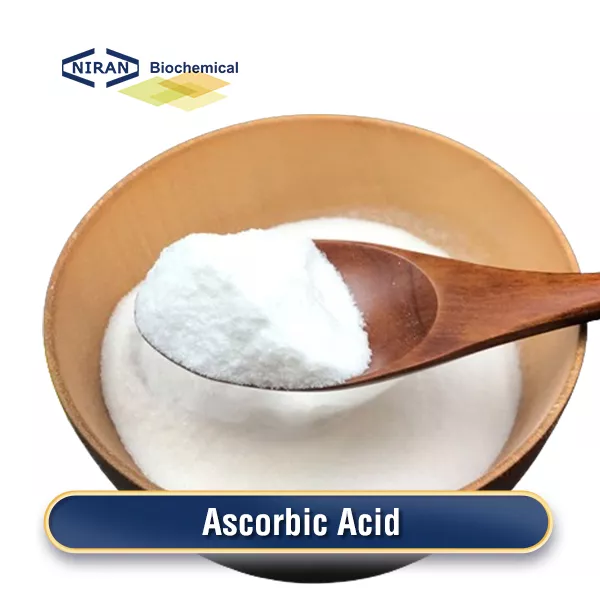
- Ascorbic acid supports immunity, collagen production, and acts as a powerful antioxidant in health.
- The maximum ascorbic acid dosage for adults is 2,000 mg daily.
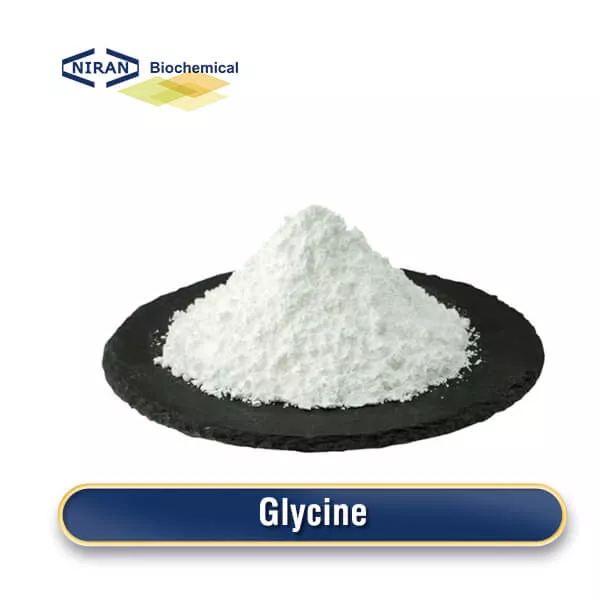
- A type of Nutrition Enhancers, support collagen production, improves sleep, and aids muscle recovery.
- The maximum glycine intake is usually up to 10 grams.
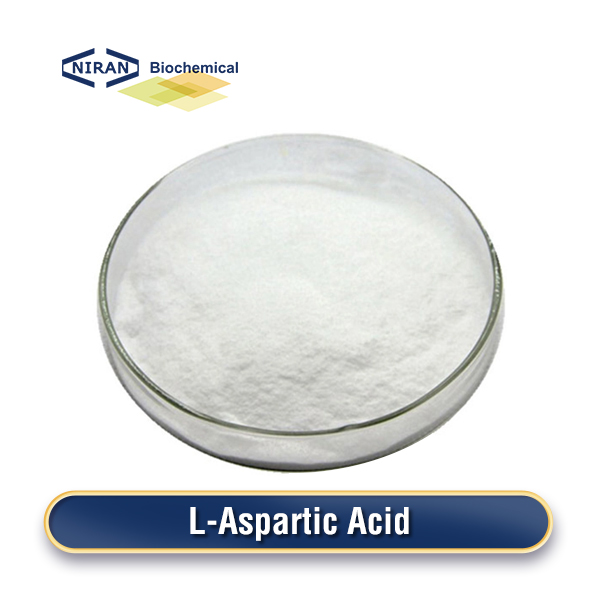
- A type of Nutrition Enhancers, supports energy production, athletic performance, and amino acid metabolism
- The maximum L-Aspartic Acid intake is typically 3 grams.
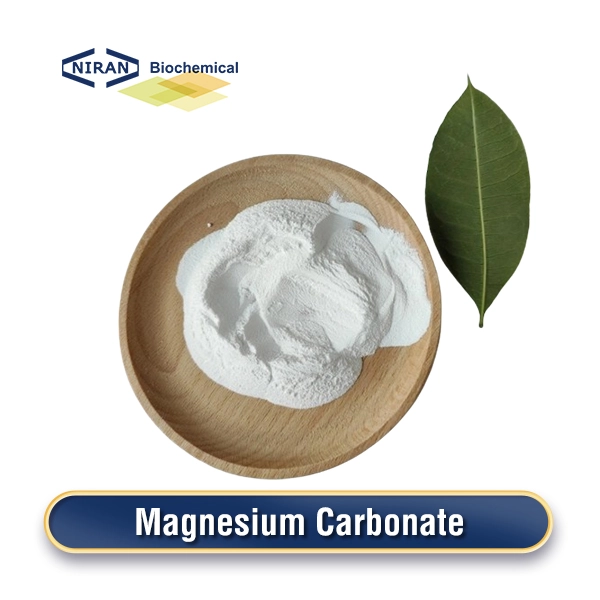
- It acts as a magnesium supplement, supporting bone health and digestion.
- The maximum magnesium carbonate intake is up to 350 mg.
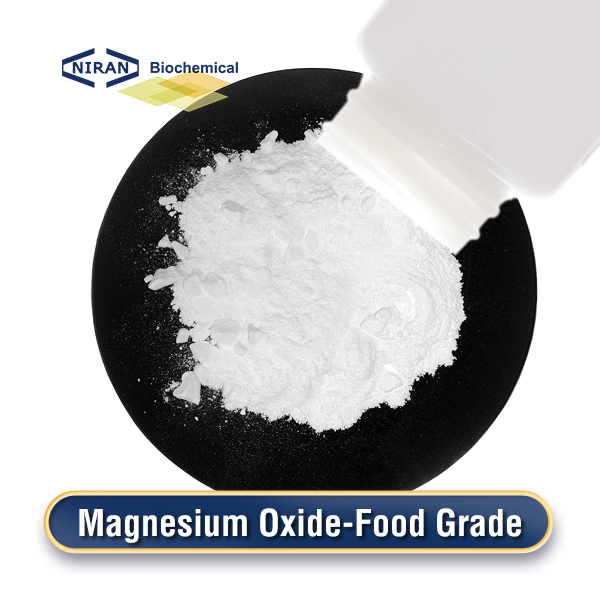
- A type of Nutrition Enhancers, support muscle function, bone health, and helps alleviate constipation.
- The maximum magnesium oxide intake is generally 400 mg.
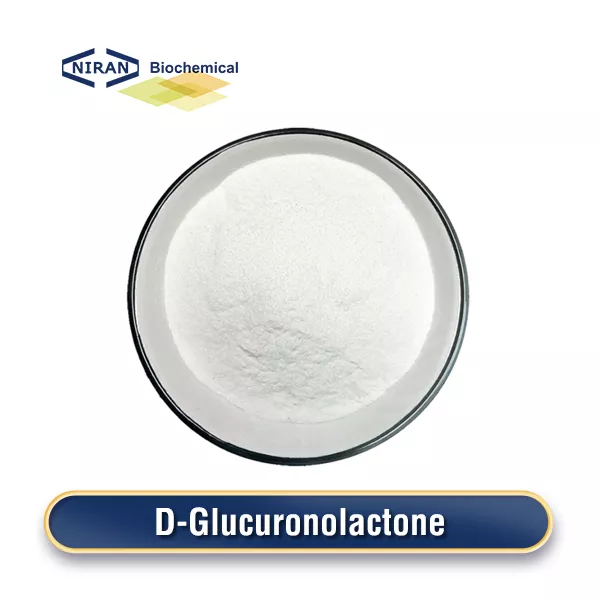
- It can support detoxification, boosts energy, and promotes liver health.
- The maximum recommended amount is usually 1000 mg per serving, and individual tolerance may vary.
